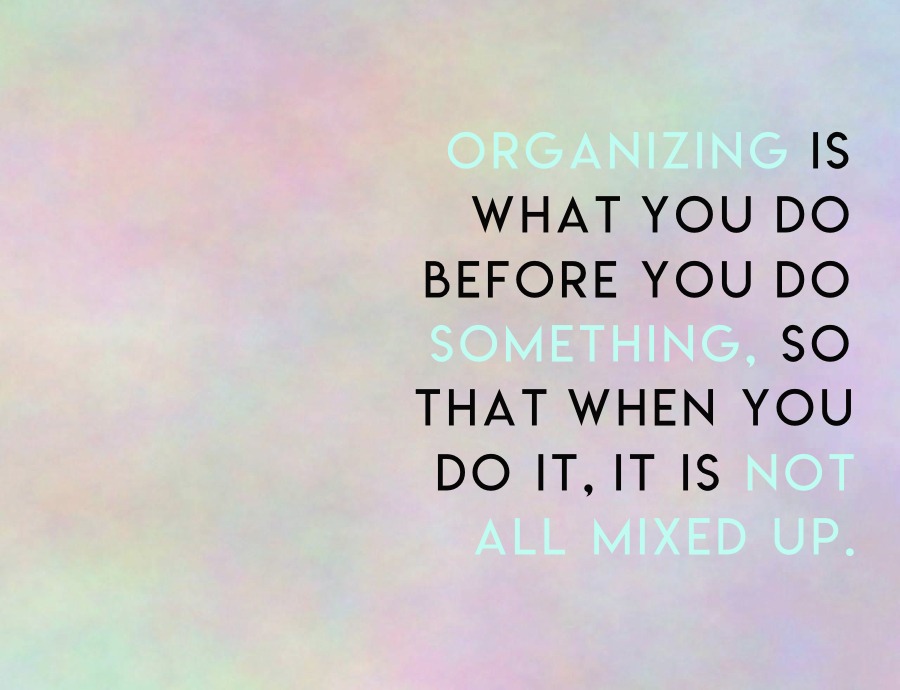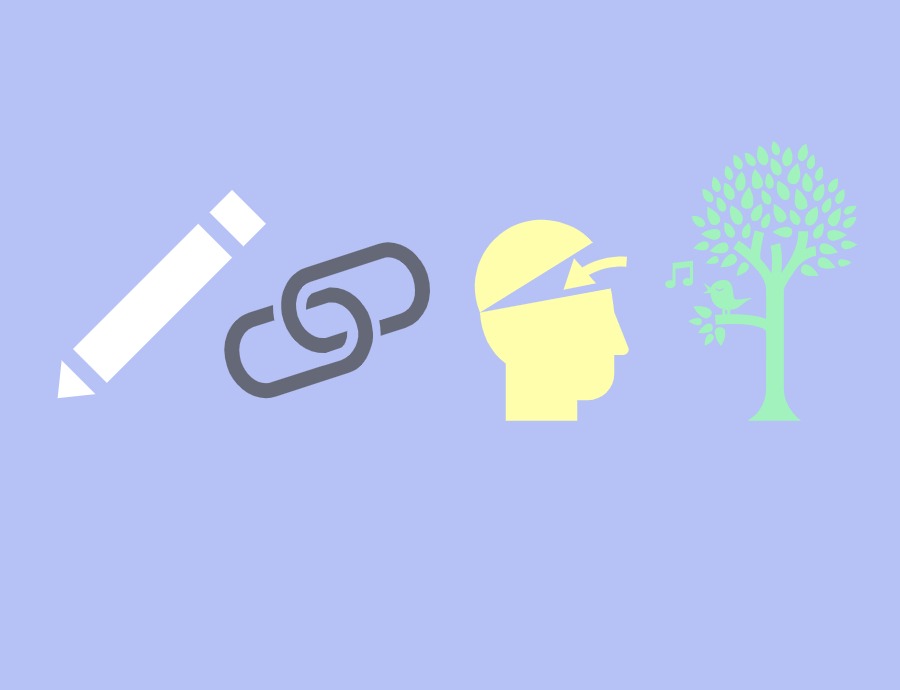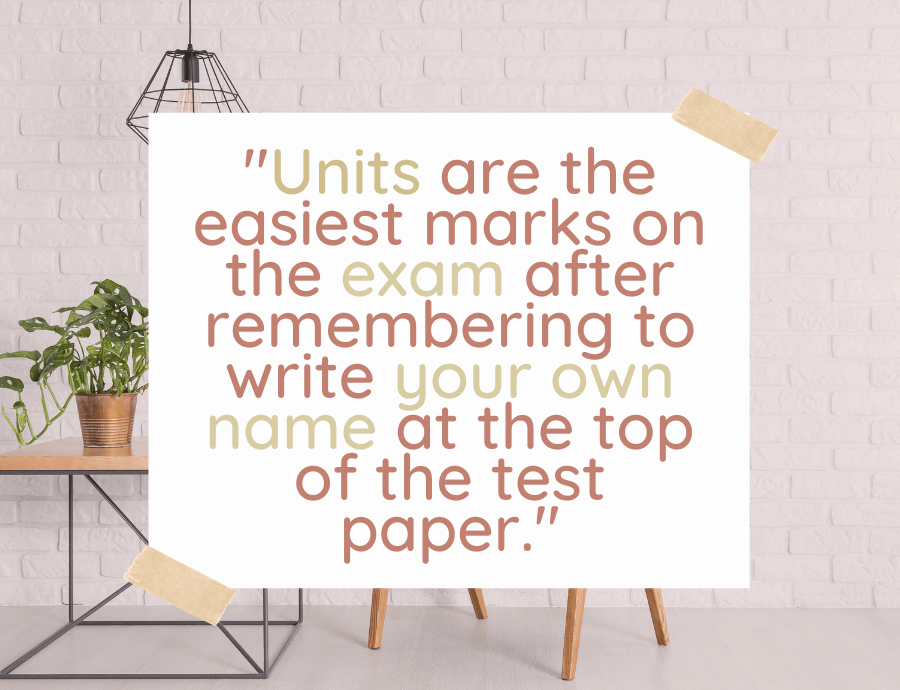The nightmare is opening the exam and finding question after question on a topic that you forgot to study, or realizing that the focus of the exam is on the lectures that you missed. Relegate those to stress dreams, and make sure that it could never happen to you by planning carefully and consciously. Before you even start to study for the exam, gather your material so that you can create a strategic and effective plan.
Here are some tips:
It’s easy to just throw yourself into final exam preparation, but you’ll waste a lot of time and effort that way. Make a plan. Prioritize tasks. Get yourself organized. Then you can practice wisely and ask for help where you need it. Don’t forget to consult the brilliant teachers at Prep101.
Here are some tips:
- Get your notes together. Gather all your notes from all your lectures, and make sure that you have complete sets: go through all of the lecture note dates to make sure that you haven’t lost or missed any. Fill in any gaps that you find by asking classmates and borrowing notes. If you want to save yourself time while you’re studying, you could also group them together by topic.
- Copy all sample problems from the lecture and reading notes. Next, without reading the class material yet, scan through all the lecture and reading notes, and write down all the practice problems. Write them on clean sheets of paper, and group them by topic. Don’t bother writing the solutions or answers because you can easily look them up in your notes.
- Gather your assignments, problem sets, tests and quizzes, and group them by topic. Your next step is to make yourself practice packages. For each topic that you treated in class, assemble all the questions that you can find, and clip them together. You’ll go through all of the questions, in each of the groups, as you study. If they’re all bundled together, then you can systematically work through the entire class without worrying about missing any topics.
- Print out all practice exams and old exams you can find (and all the solutions documents if available). Often, professors will post practice exams, old exams, and exam review packages. You should prioritize these as you study. They’re the best indicators of what the exam will be like. Make sure that you have them ready. Make sure that you have the solutions packages ready so that you can check your work.
- Skim through your lecture notes, look for unfamiliar material or question marks in the margins, and write down a list of questions. You will likely find notes in the margins, sad faces, exclamation marks, and you might even get a physical memory of being frustrated as the material was presented. Write down all the questions that you can think of. If you can’t even formulate a question, just write down the topic that you didn’t understand. You’ll need to get these questions answered as your start your studies, so get them ready now.
It’s easy to just throw yourself into final exam preparation, but you’ll waste a lot of time and effort that way. Make a plan. Prioritize tasks. Get yourself organized. Then you can practice wisely and ask for help where you need it. Don’t forget to consult the brilliant teachers at Prep101.








